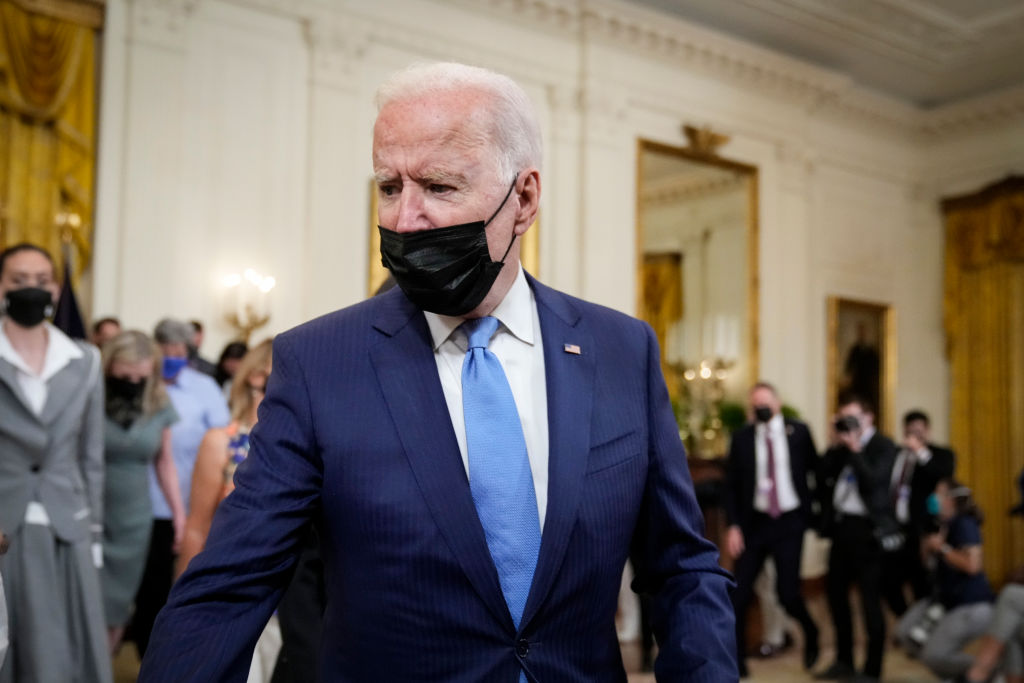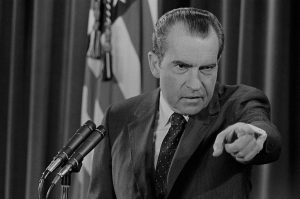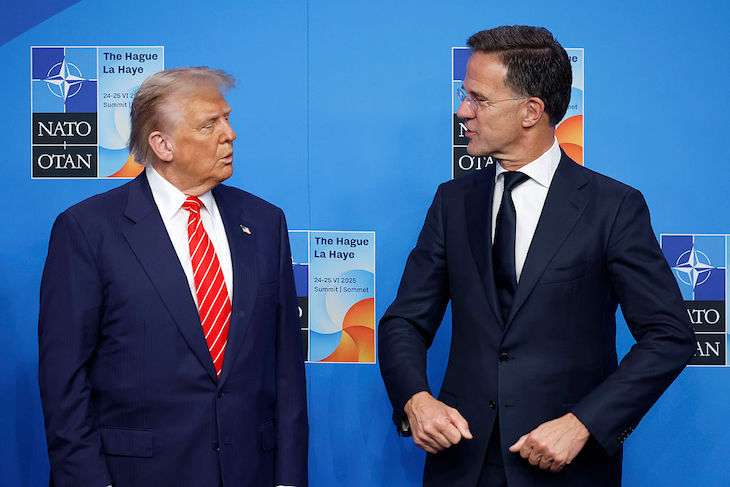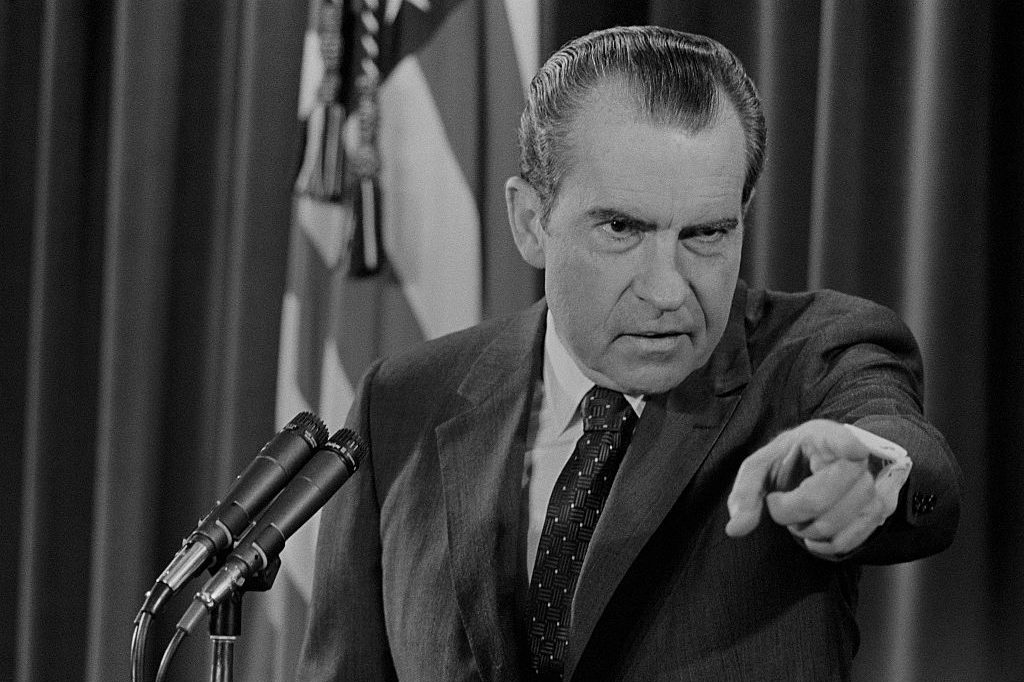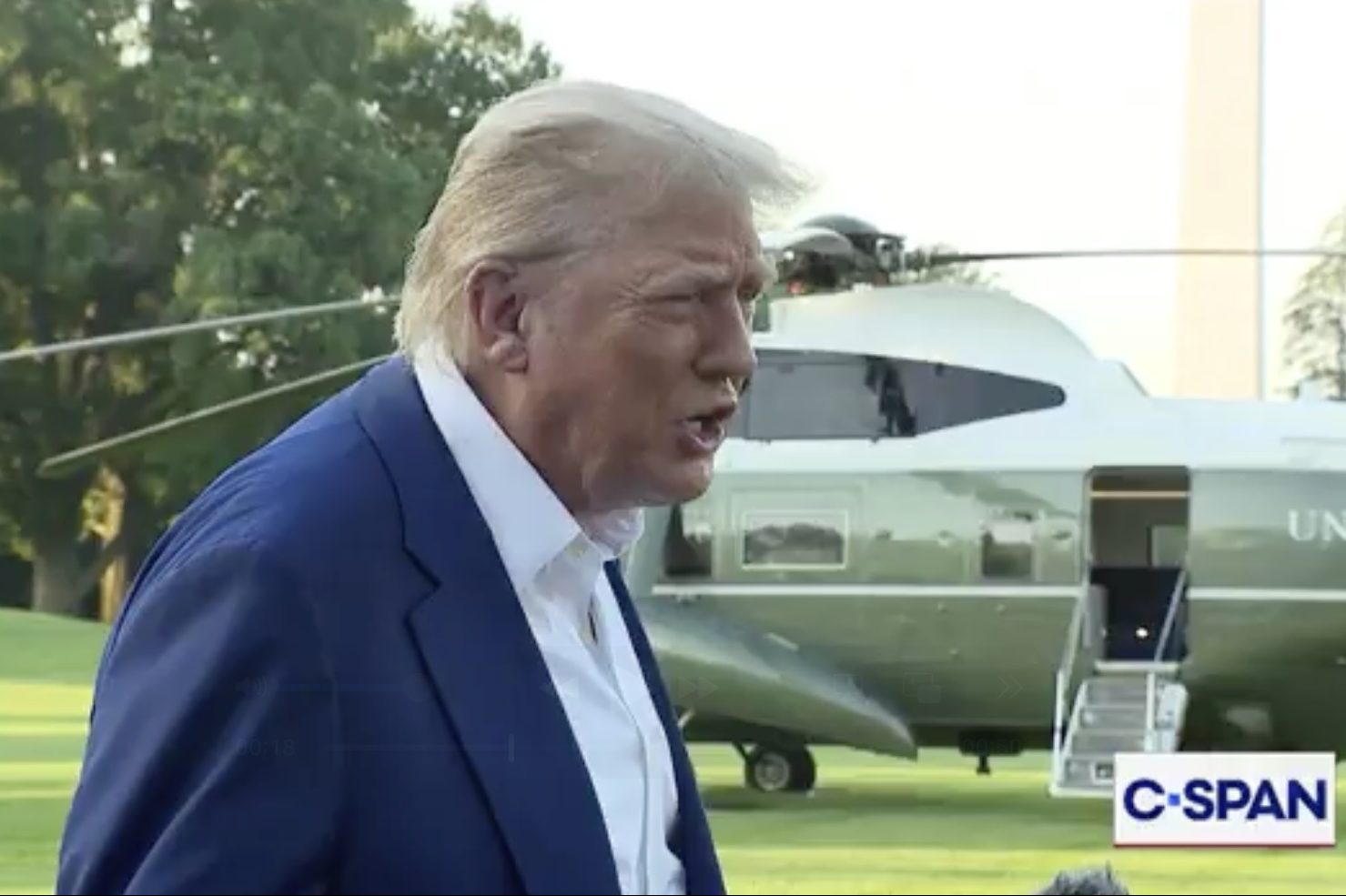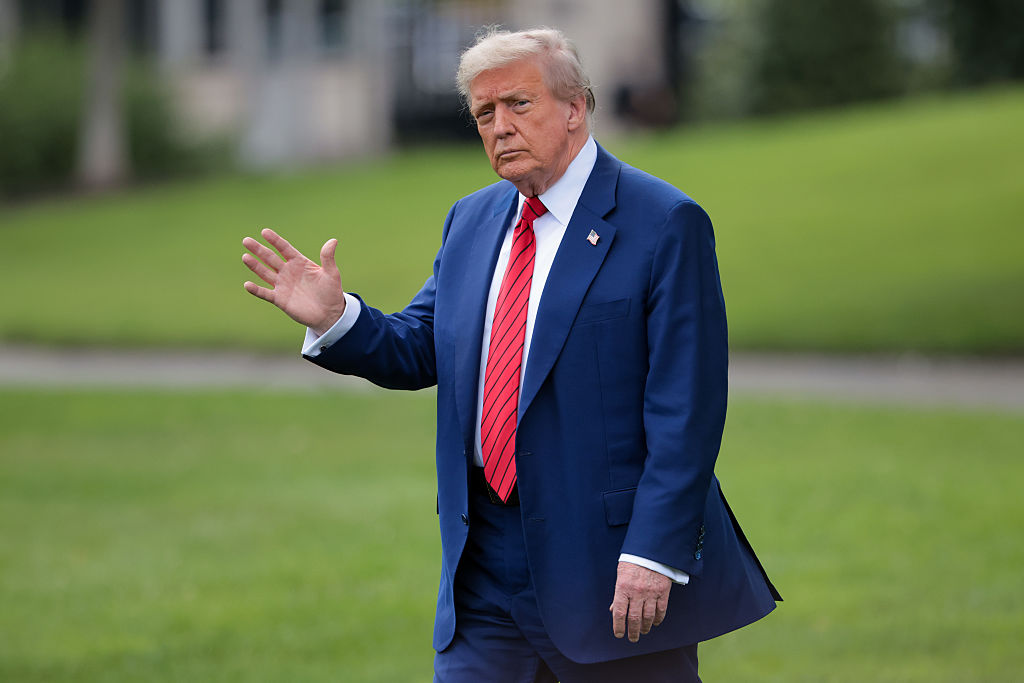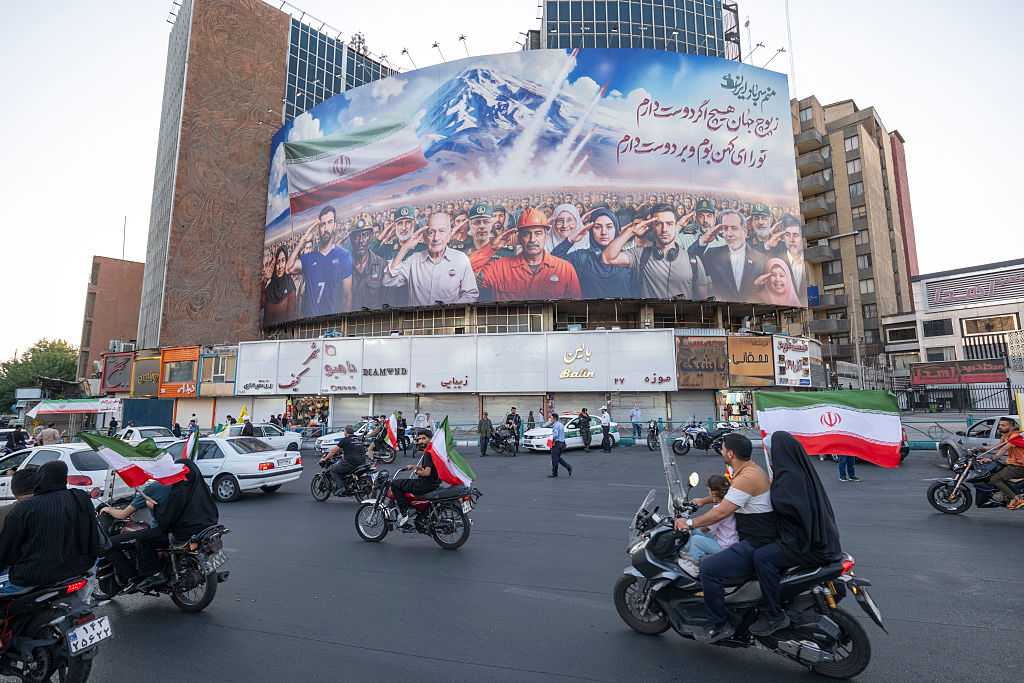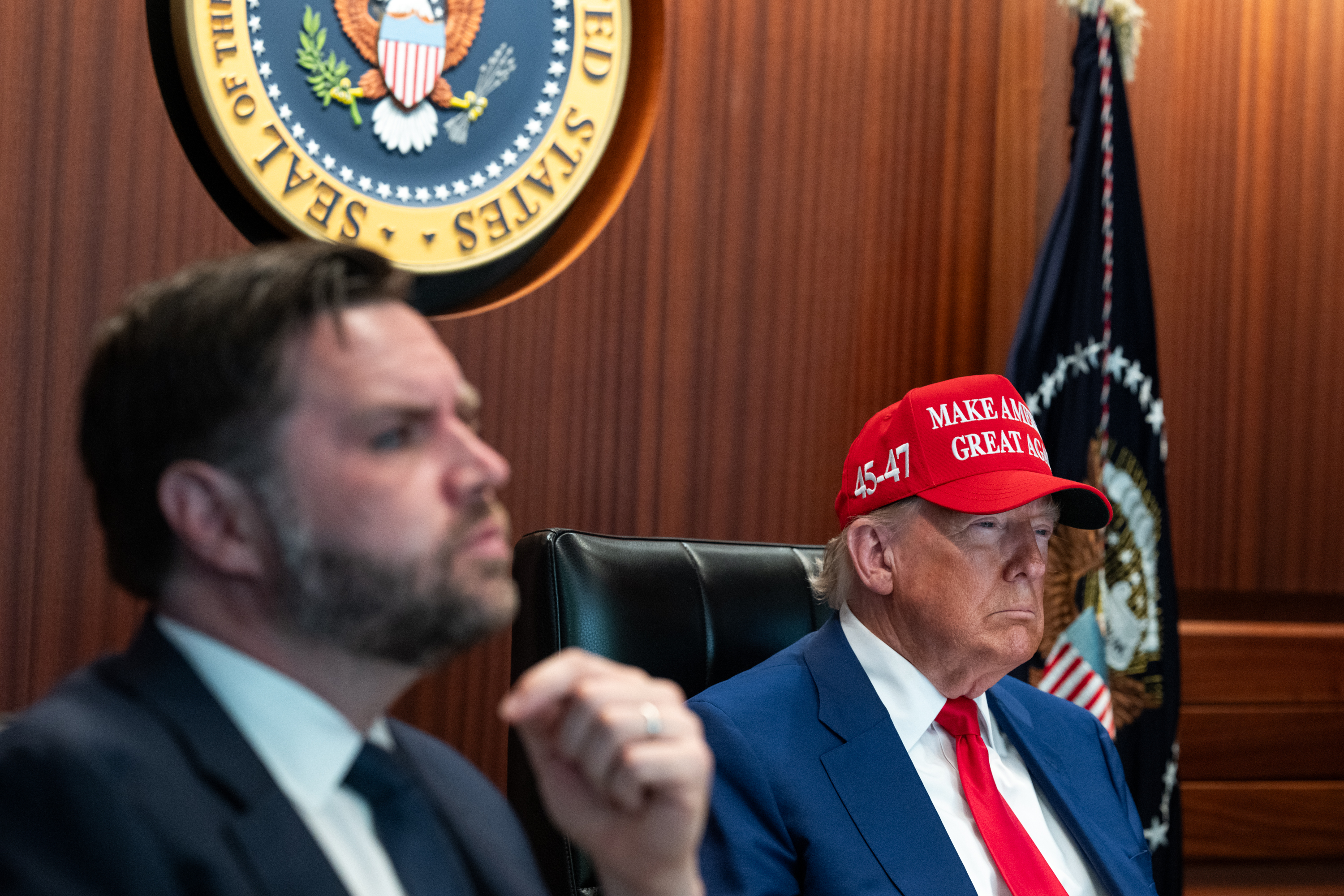‘How many more generations of America’s daughters and sons would you have me send to fight Afghanistan’s civil war when Afghan troops will not?’ Biden asked last week. ‘How many more lives, American lives, is it worth, how many endless rows of headstones at Arlington National Cemetery? I’m clear on my answer: I will not repeat the mistakes we’ve made in the past.’
They were the words of a man who knew from what he spoke and knew to whom he was speaking. It was not to the national news media, an elite that has abandoned its working-class roots and audience, and have nothing but censure and contempt for Biden’s brave decision. Nor was Biden speaking to the diplomatic and national security elites who got us here in the first place, or the politicians who would rather fight among themselves and score points with the base than evaluate the facts on the ground.
Biden was speaking to the 73 percent of Americans who supported the withdrawal from Afghanistan. He was speaking to the 58 percent of veterans who said that the war in Afghanistan was not worth fighting. He was speaking to the millions of middle- and working-class Americans who he is always speaking to, a multi-racial coalition of regular people without a megaphone who see in him a refusal to leave them behind. And in taking on the media and political elites’ round-the-clock bipartisan censure of this decision, Biden was once again showing who he stands with — and how far from those people the chattering and political classes are.
Biden may not have served in the military, but his life was not separated from what service means. His beloved son Beau served in Iraq and was awarded the Bronze Star Medal before dying of brain cancer in 2015. It was just one of the ways in which Biden, who has ended most of the political speeches of his career with the words ‘May God protect our troops’, represents a bridge between America’s elites and the middle- and working-class people they’ve left so far behind in recent decades. That Biden hadn’t lost his son to war hardly matters; he knows the heartbreak of those who had. It was reportedly Beau’s dying wish that his father run for president; is it any wonder that Biden chose to use the power of the presidency to prevent more lives lost in the name of an unwinnable war?
Biden’s decision to stick with the deal former President Trump negotiated with the Taliban, his refusal to keep making the same mistakes previous presidents had (surging troops instead of withdrawing them, committing future generations of America’s middle- and working-class daughters and sons to an unwinnable war), reflects the same lesson that the media failed to learn when Biden won the presidential nomination after being scorned by media elites for the entirety of the primaries.
It also explains why pundits and news analysts and cable talking heads across the political divide have rushed to condemn Biden, to call the withdrawal a botched job, to accuse Biden of abandoning Americans and Afghan interpreters and others who helped us behind enemy lines — ignoring the 37,000 who have been airlifted to safety or the fact that not one American has been killed in the withdrawal, an astonishing fact pointed out by independent journalists Krystal Ball and Saagar Enjeti and no one else.
Obviously, as the leader of the free world and the most powerful person on earth, America’s president deserves an unmatched level of scrutiny and critique. And if it turns out that the mission in Afghanistan ends before all Americans and our allies and helpers have been withdrawn, we should absolutely hold him accountable. But already last week, the prevailing narrative has been one of betrayal of these people, many of whom have by now made their way to safety.
Surely the right response throughout the past 11 days should have been ‘too soon to tell’. Instead, across the political divide, pundits harp on the failed withdrawal while insisting they support it in theory — as though there were some clean, neat way to end a 20-year failed war, as though the absence of US casualties isn’t even worth noting.
Biden getting the Trump treatment teaches us an important lesson about American journalism: class solidarity trumps partisan identity. Indeed, when it comes to American journalism, partisan polarization is often a smokescreen for an elite that has more in common with other elites than it does with the working class of its own party.
You may see counter-evidence to this argument in a recent NBC poll that found that President Biden’s approval rating has dropped below 50 percent for the first time in his presidency. Many will see this as proof of Biden bungling the withdrawal from Afghanistan. But the bipartisan pollsters behind the poll saw in this drop something else entirely: dissatisfaction among Americans with Biden’s handling of COVID.
The survey, conducted by NBC’s bipartisan polling team and Democratic pollster Jeff Horwitt, suggests that it was COVID — more than Afghanistan — that has dented Biden’s numbers. ‘It is the domestic storm, COVID’s delta wave, that is causing more difficulties at this stage here at home and for President Biden,’ Horwitt says. His Republican colleague agrees. ‘The best way to understand this poll is to forget Afghanistan,’ Republican pollster Bill McInturff told NBC.
This is not to say that media coverage of the withdrawal did nothing to impact public opinion. Just 25 percent of Americans approved of Biden’s handling of Afghanistan. But it was the 16-point drop in his handling of COVID that led to the drop in approval rating.
This is just more evidence of the class divide separating the media from the working class. Does anything speak to that divide like the enthusiasm among elite journalists for endless lockdowns and masking — compared to the reality on the ground for the working-class people, whose delivery services make the locked-down elites’ lives possible?
The media’s class bias — the result of a status revolution over the past century — explains both its COVID posture and its horror at the withdrawal from Afghanistan, just as it explains the gap between American public opinion and that of its national media more generally. Happily, Joe Biden, president of the middle and working class, has learned to tune it out.
Batya Ungar-Sargon is the deputy opinion editor of Newsweek and the author of Bad News: How Woke Media Is Undermining Democracy (forthcoming from Encounter).



